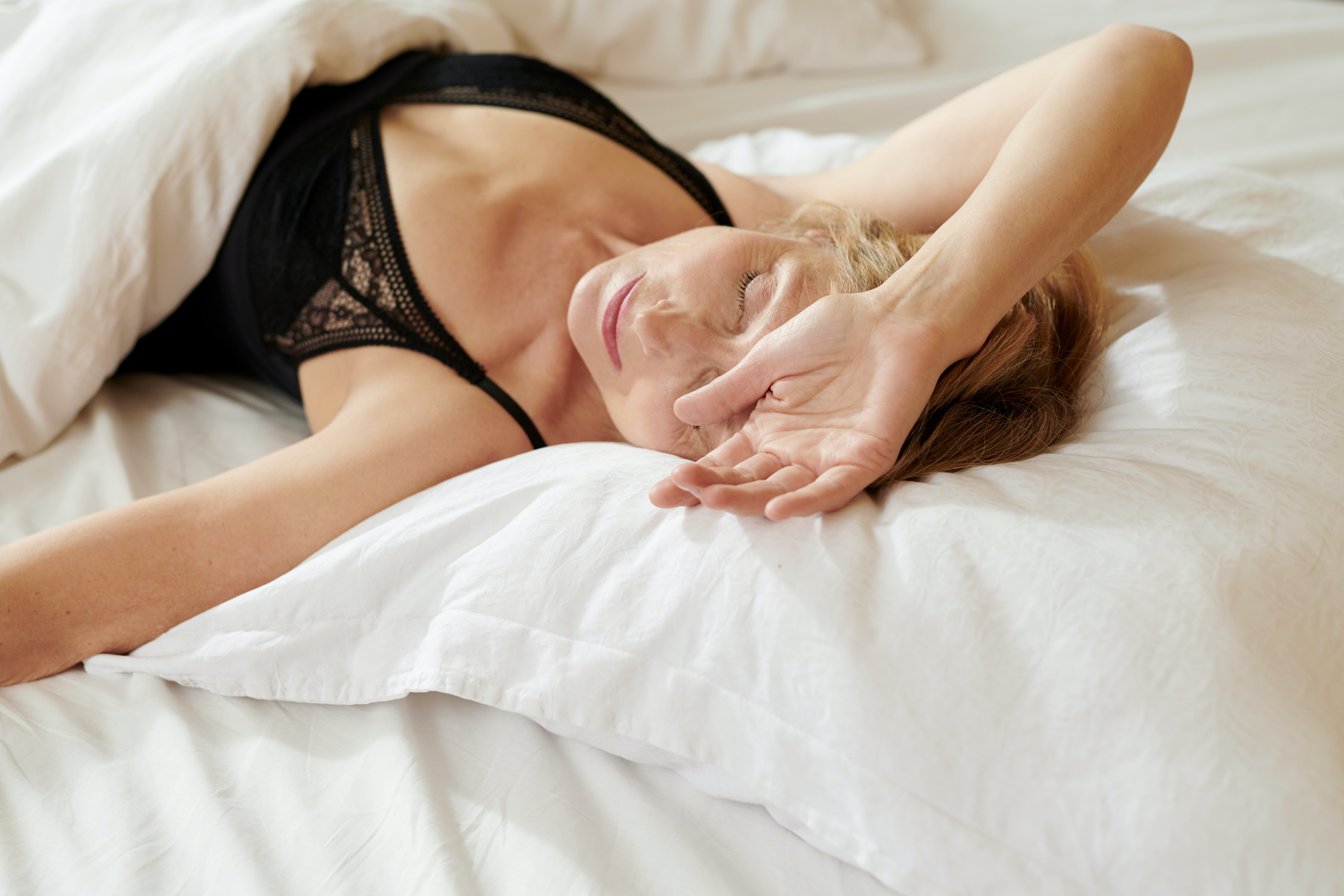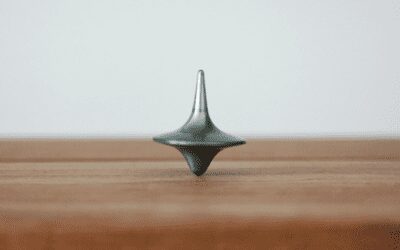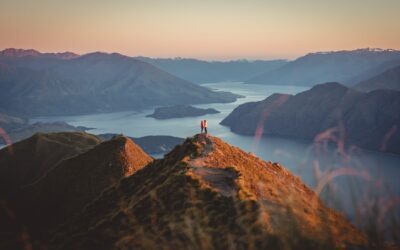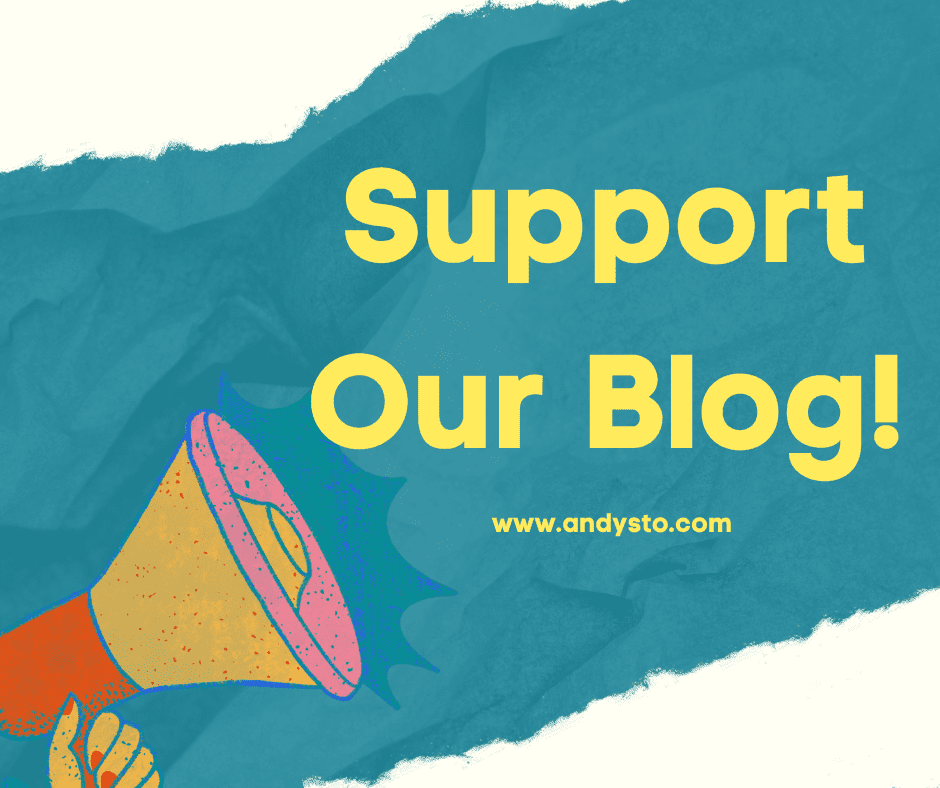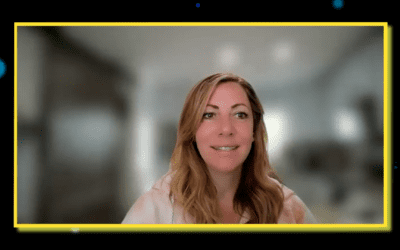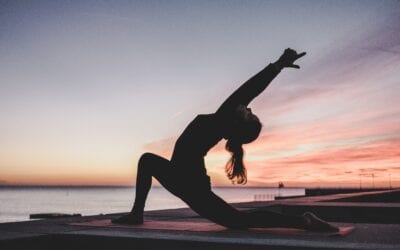|
|
One of the biggest challenges when living as a digital nomad can be managing your health.
We don’t always have access to kitchen space to make healthy meals, time and equipment for working out isn’t always forthcoming, and we rarely pause for long enough to really consider our mental health.
On top of all this, most of us also don’t get enough sleep. This can leave us lethargic, unfocussed, emotionally unstable, and also craving sugary foods and carrying a few extra pounds. Sleep is something that affects every aspect of our lives.
So, today we are going to look at how and why to get a good night’s sleep as a digital nomad.
We’ll start with a closer look at why sleep is so important and why you should be making it a priority. We will then also look at the main reasons why digital nomads can be particularly vulnerable to bad sleep.
Finally, we’ll share a list of our top tips for making sure you get enough good quality sleep so that you aren’t just making it through each day on the road, you are thriving and making the most of every moment.
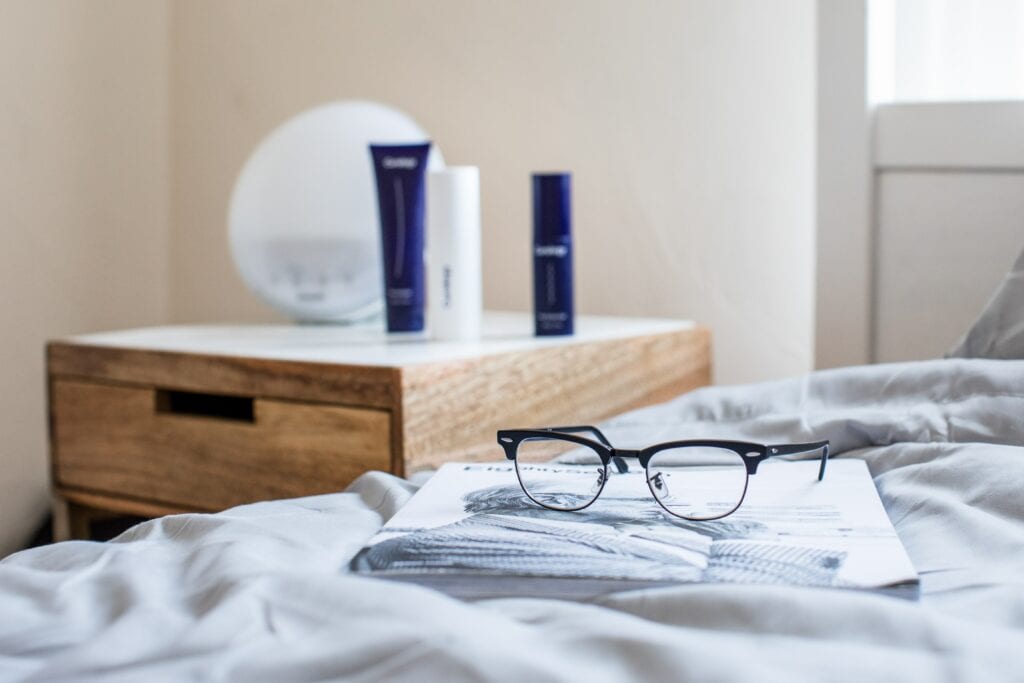
Why Does Sleep Matter?
OK, I am sure you have heard before that good, regular sleep is essential to our overall wellbeing, but you may still be wondering exactly why. So, here goes.
Sleep is an essential element in the recovery and recuperation process of your body. Sleep is when your mind and body enter a kind of hibernation mode. The restful body can direct more energy towards healing. As the mind enters a level of sensory deprivation, it can process and organize inputs and thoughts from the waking day (of which dreams are one side effect).
When you aren’t getting enough sleep, you are more likely to get sick, take longer to recover, and you are also more likely to eat more and carry around extra weight.
When you don’t get enough sleep, you also tend to suffer from brain fog and lethargy, and you tend to be less able to control and manage your emotions. Poor sleep is also linked to depression.
So, lots of good reason to make sleep a priority in your schedule.
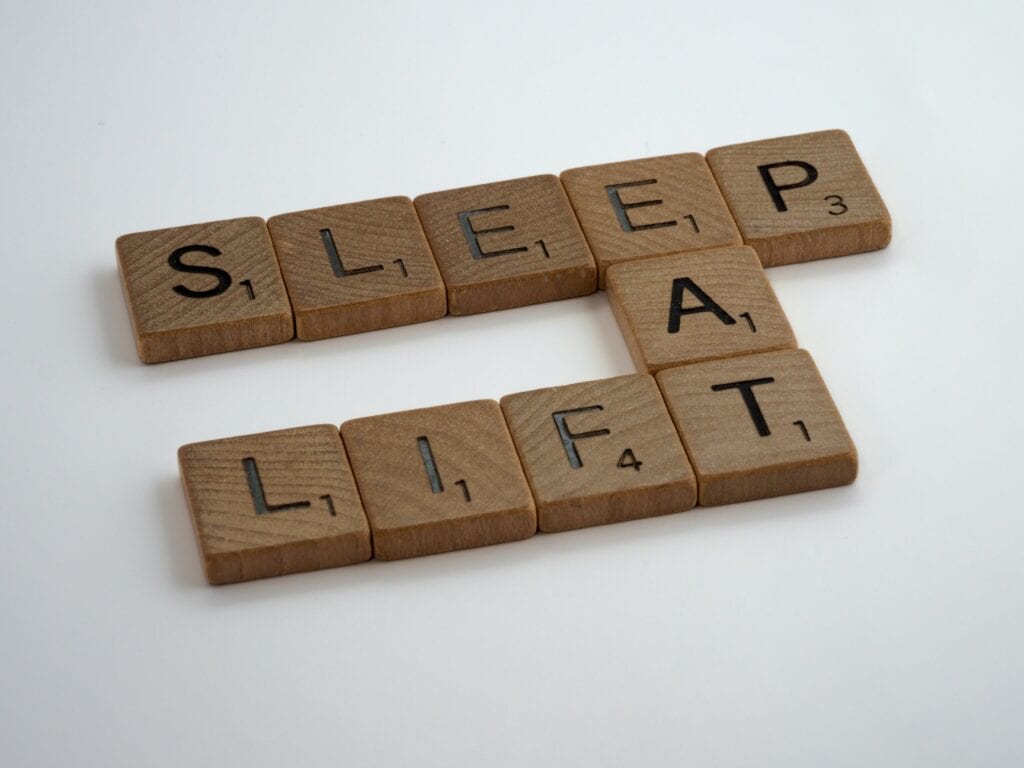
How Much Sleep Do You Need?
How much sleep you actually need depends on the individual, but as a general role, adults need between 7 and 9 hours each night.
And that is each night. If you sleep for three hours on Saturday, you can’t make it up by sleeping 10 hours on Sunday. Studies show that it can take up to four days to fully recover from just one lost hour of sleep.
Teenagers tend to need more sleep than this still. And while it is true that you may need less sleep as you get older, this isn’t substantial. Over 65s still tend to need at least 7 hours of sleep each day.
But it is not only important how much you sleep, but also when you sleep.
The human body clock functions on a natural 24-hour circadian rhythm, which dictates when your energy peaks and when you are likely to feel tired and sleep.
There are several key factors influencing your sleep drive. One is adenosine levels in your body, which build up during the day. Eventually they will get to a point where you need to sleep so that your body can break them down. Another important factor is light levels. When natural light levels fade, the body releases melatonin, which causes drowsiness.
This is why, although a mid-afternoon nap can be wonderful, your best sleep happens at night.
If you want to learn more about sleep cycles, what happens when you hit REM sleep, and what can happen when you don’t get enough sleep, check out the Sleep Foundation website.
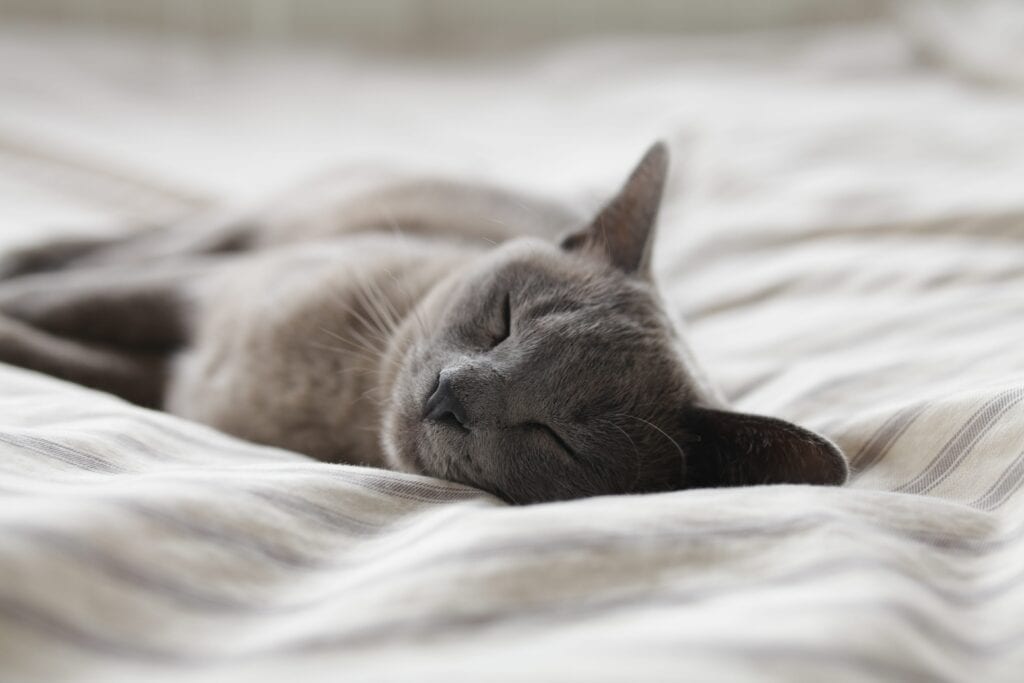
Digital Nomad Sleep Challenges
There are lots of reasons why digital nomads struggle to get a good night’s sleep.
The most obvious are travel schedules, which often require very early rises or overnight planes, trains, and automobiles, and jet lag, as suddenly landing in a new place has a jarring impact on your circadian rhythm.
There is also the fact that you are probably indulging in late nights as you get to know your new location and new friends, and you might be waking up early to compensate and squeeze in all that work you have to do.
But there are other factors on top of this as well.
You might have very little control of your environment, so you can’t prevent late night or early morning noises from interfering with your sleep, or you might just have a lack of comfort in your sleep surroundings. If your sleep space has multiple uses, this can also undermine how easy it is for you to get your ZZZs.
As digital nomads, we also tend to spend a lot of time in front of the screen, and the light from screens can interfere with our circadian rhythm. You are probably also drinking too much alcohol and too much caffeine, this, and eating at strange times of day, can also throw your sleep cycle out of balance.

How To Improve Your Sleep As A Digital Nomad?
OK, so those are the challenges and the consequences, but what can you actually do about it? Here are our top tips for getting better sleep as a digital nomad.
Make Sleep A Priority
The first thing is to realize and acknowledge just how important sleep is, and therefore to make it a priority. You will never get enough sleep if it is always the first thing that you sacrifice when schedules become tight.
If you realize just how important sleep is to your physical and mental wellbeing, your productivity and creativity, and your emotional state, you will be less likely to sacrifice it for a date, to get work done, or to hit the gym.
So, if you aren’t already convinced, educate yourself about sleep. Check out the Sleep Foundation website or check out Peak Performance, by Brad Stulberg and Steve Magness.
Time Travel Well
The most obvious sleep disrupter for a digital nomad is travel itself, so planning your travel with sleep in mind can make a big difference.
Our first piece of advice is to avoid overnight travel when possible. It might seem like a time saver, but you might just be robbing yourself of the energy and alertness that you need to make the most of a place when you arrive. And don’t lie to yourself, there is almost no way that you are getting a good night’s sleep on the airplane or in the car.
If you are travelling long haul and will be removing yourself significantly from your time zone, try to time things so that you land in the late afternoon or early evening. This means that you can arrive and settle in, and go to sleep within a few hours of arriving. No need to force yourself to stay awake for the entire day because you landed at 7am.

Sleep Strategically Pre-Travel
If you are planning a trip that will see you changing time zones, you can start to adjust your sleep at home before you set off, so that you can hit the ground running when you arrive.
Each day before you travel, you can push your normal sleep time an hour earlier or later as required. So, if you are planning on moving five time zones, you can do this for five days before you travel.
This is ideal as research suggests that it takes one day for your body to adjust per time zone.
Control Your Environment
Environmental factors are one of the key challenges for digital nomads when it comes to sleep. So, if you know that you have trouble sleeping, you might need to consider this when booking your accommodation.
This might mean paying extra for accommodation where you can keep your sleeping and living places separate in order to maximize your sleep. It might mean staying further out of the centre of things to avoid late night light and noise.
You can also try and control your environment with tech such as comfortable noise cancelling headphones for sleep and a light blocking eye mask.
If your biggest challenge is sleeping in a bed that doesn’t feel like your own, making sure that you always have a favourite pillow, blanket, or t-shirt for sleeping. It can make a difference.
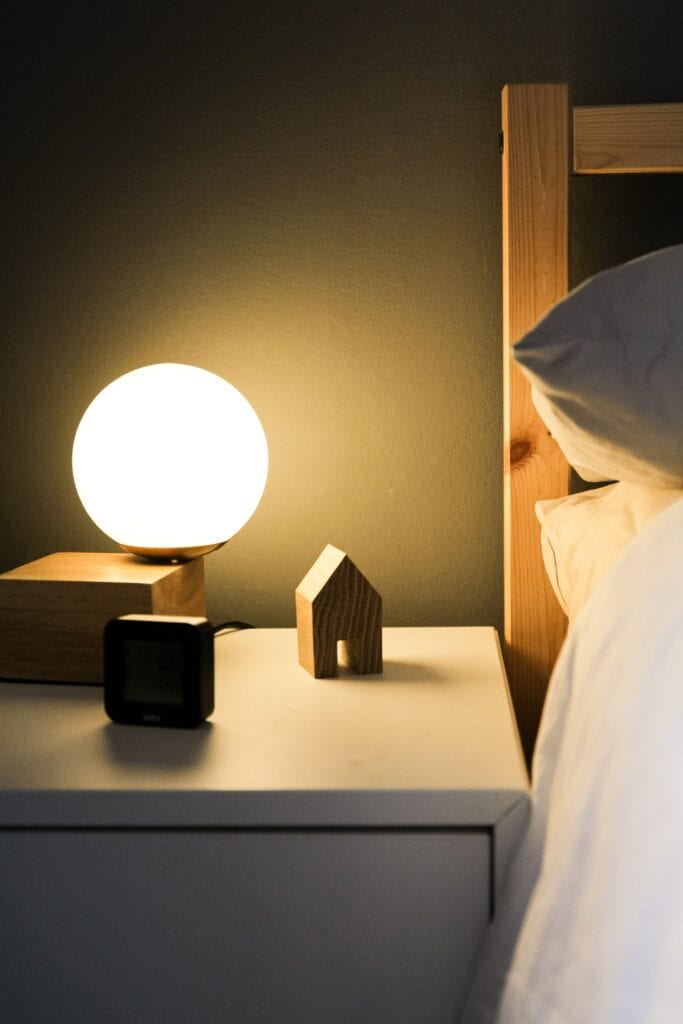
Control Your Circadian Rhythm Through Light
One of the main things that contributes to whether you feel like sleeping when you should is your exposure to light. So, you can actively use light to regulate your sleep cycle.
This generally means exposing yourself to as much natural light as possible during the day and minimizing your exposure to light in the evenings. This can mean turning off screens early. Experts suggest that if you have trouble sleeping, you should turn off all screens at least four hours before you intend to sleep.
This is not always convenient when you are existing as a digital nomad, so you can also invest in things such as an anti-blue light filter for your computer screen. This allow you to keep working while minimizing your exposure to the type of light that is likely to keep you up at night.
Watch What You Eat and Drink
The body is a complex system and everything is connected. Just as you are more likely to crave junk food and pile on the pounds when you don’t get enough sleep, when you don’t eat (and drink) properly, you can find your sleep disrupted.
A healthy diet will generally provide a better sleep cycle. Start by always eating breakfast to kickstart your day, and make sure that your last meal is at least three hours before you intend to sleep.
While moderate levels of caffeine during the day can act as a nice pick me up, if you have caffeine too late in the day it can prevent you from feeling tired because it extends the amount of time before your body realizes that it needs to start breaking down adenosine. So, avoid caffeine for at least six hours before you want to hit the hay.
While we often think of alcohol as putting us to sleep, the type of sleep that you get is very poor quality, so you are unlikely to feel refreshed when you wake up. Alcohol can also result in the kind of broken sleep where you wake up regularly throughout the night.
That’s not to say that you should never have a drink, but exercise moderation in terms of how much and how often. Give yourself at least some alcohol-free days each week, and make sure that binge nights are occasional at best.

What About Naps?
If you do want to have a nap during the day, keep it to 30 minutes or less. While studies suggest that these short naps can be a great way to rejuvenate yourself during the day, sleeping for longer than this confuses your body clock.
If you take a long nap one afternoon, you are likely to feel much more tired during the day the following day.
The Verdict
We all have our own reasons why we might not be getting enough sleep or have trouble sleeping. Perhaps you feel like you are just to busy to sleep, or maybe you have bad habits, such as late-night snacking, that interfere with your circadian rhythm and make it difficult to fall asleep when you want to.
Whatever it is, the best thing that you can do is realize just how important sleep is to your health, wellbeing, and how much you are likely to enjoy your waking hours.
When you realize this, you will be more willing to make the small changes and compromises needed to get enough shut eye.
And it is definitely worth it.

